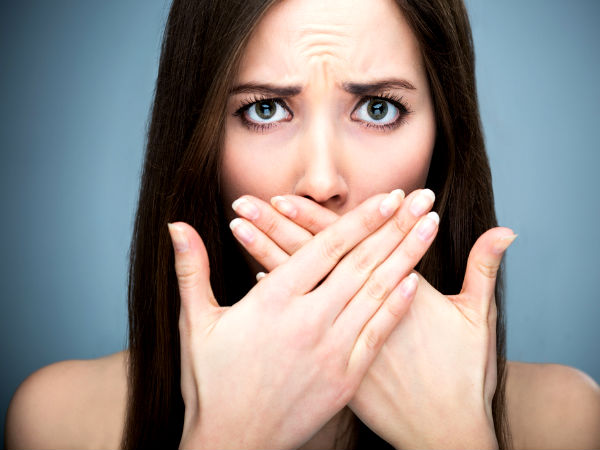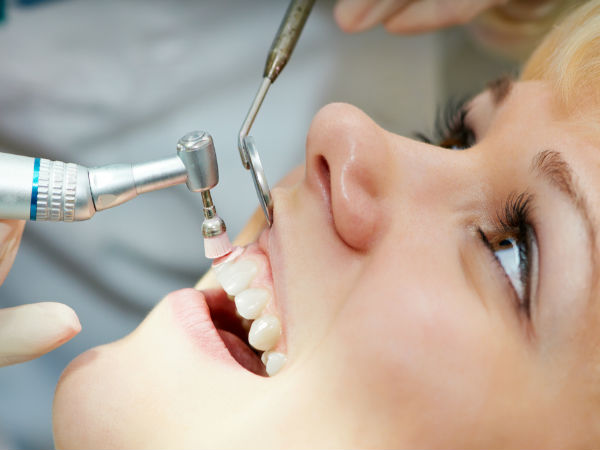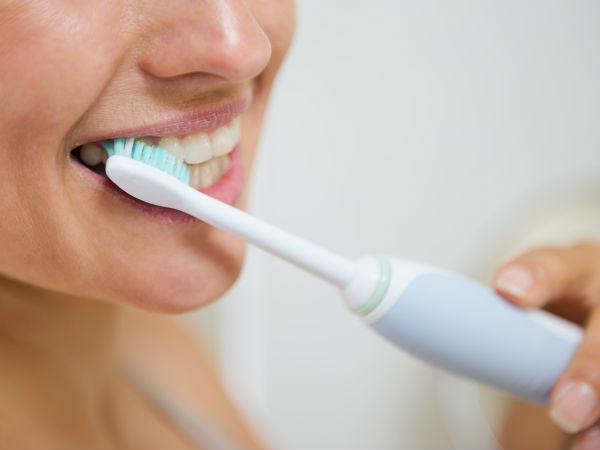
Causes Of Bad Breath
The most common cause of bad breath is the accumulation of food particles and the formation of bacterial plaque on the teeth and tongue due to poor dental hygiene and gum diseases.
• Food – Eating strong-smelling foods such as garlic, onions, some cheeses, spicy foods and spices can cause bad breath. This is because after the food is digested, they enter the bloodstream and travel to the lungs. This produces an unpleasant odour that affects your breath and may last for several hours. Also, drinking acidic beverages such as coffee can leave a lingering smell in your mouth.
• Poor oral hygiene – The accumulation of food particles in your teeth and the build-up of plaque in the teeth and tongue cause bad mouth odour. Brushing or flossing your teeth after eating food can help remove the food debris and prevent the plaque build-up in your mouth, thus preventing tooth decay and gum diseases.
• Dry mouth – The saliva helps to cleanse your mouth and keep it moistened. When the body doesn’t produce enough saliva, your breath starts smelling bad. Dry mouth can occur as a result of sleeping with the mouth open, salivary gland problems or taking certain medications.
• Tobacco products – Smoking and chewing tobacco can also cause bad breath.
• Alcohol – Drinking alcohol may produce a distinct oral odour that can last for a few hours.
• Respiratory tract infections – It can cause bad mouth odour due to nasal or sinus secretions passing into the oropharynx.
• Foreign bodies – The presence of foreign bodies in the nose can cause an unpleasant odour.
• Medications – Certain medications can reduce the saliva in your mouth and cause a bad odour. For example – antidepressants, diuretic, antihypertensive and antipsychotic drugs.
• Dentures or braces – Unclean braces can also lead to bad breath.
• Diseases – Bad mouth odour can also be a sign of some underlying diseases such as diabetes, gastroesophageal reflux disease (GERD), oral cancer, kidney failure and liver failure [3], [4].
 12 Foods That Fight Halitosis (Bad Breath)
12 Foods That Fight Halitosis (Bad Breath)

Symptoms Of Bad Breath
The most noticeable symptom is having a bad smell in your mouth for a prolonged time. You may also notice a sour taste in your mouth. In addition, dry mouth and a white coating on the tongue, especially at the back of the tongue are other symptoms of bad breath.
If bad breath is due to poor dental hygiene, brushing and flossing will help.

When To See A Doctor
If you are having bad mouth odour, change your oral hygiene habits such as brushing and flossing; do these twice a day after eating food. And if bad breath still persists, consult a dentist immediately.
In addition, if you are having a persistent dry mouth, toothache, swollen gums or having difficulty in chewing food seek medical attention.

Diagnosis Of Bad Breath
The dentist will examine your mouth to look for gum diseases, infections or dry mouth. Then the doctor will ask questions regarding how often you brush and floss your teeth, what kind of foods you consume and any diseases you have, etc.
The doctor will then conduct diagnostic tests to check the source of the odour, which include organoleptic measurement, gas chromatography, sulphide monitoring, BANA test, chemical sensors, quantifying Beta-galactosidase activity, salivary incubation test, ammonia monitoring, and ninhydrin method [5].

Treatment Of Bad Breath
Depending on the cause, bad breath is treated. [6]
• The American Dental Association recommends brushing your teeth twice a day with a fluoride-containing toothpaste and in between clean once a day with floss.
• Brush your tongue to eliminate the bacteria that cause bad mouth odour.
• Use an antimicrobial mouthwash regularly.
• Go for regular dental check-ups.
• Treating underlying medical conditions to improve bad breath.
• Drinking plenty of water to decrease bad odour caused by dry mouth.
• Professional tooth cleaning may be required if you have a gum disease.

Prevention Of Bad Breath
• Brush your teeth twice a day and floss once a day.
• Drink a lot of water.
• Avoid having alcohol, caffeine and tobacco products.
• Clean your tongue with a tongue scraper to eliminate the bacteria.
• Rinse your mouth after you eat or drink any food or beverage.
• Quit smoking.
• Go for dental check-ups.
• Clean your braces daily.
• Use chewing gum or sugar-free mints after having strong smelling foods.
• Change your toothbrush every three months.
• Avoid consuming too much of onion, garlic and other spicy foods.
To Conclude…
Bad breath can be cured and prevented with proper dental hygiene. It is rarely life-threatening; however, if bad breath is due to an underlying medical problem, it needs to be treated on time.
Source:



 10 Home Remedies For Bad Breath
10 Home Remedies For Bad Breath 7 Natural Mouth Fresheners
7 Natural Mouth Fresheners






